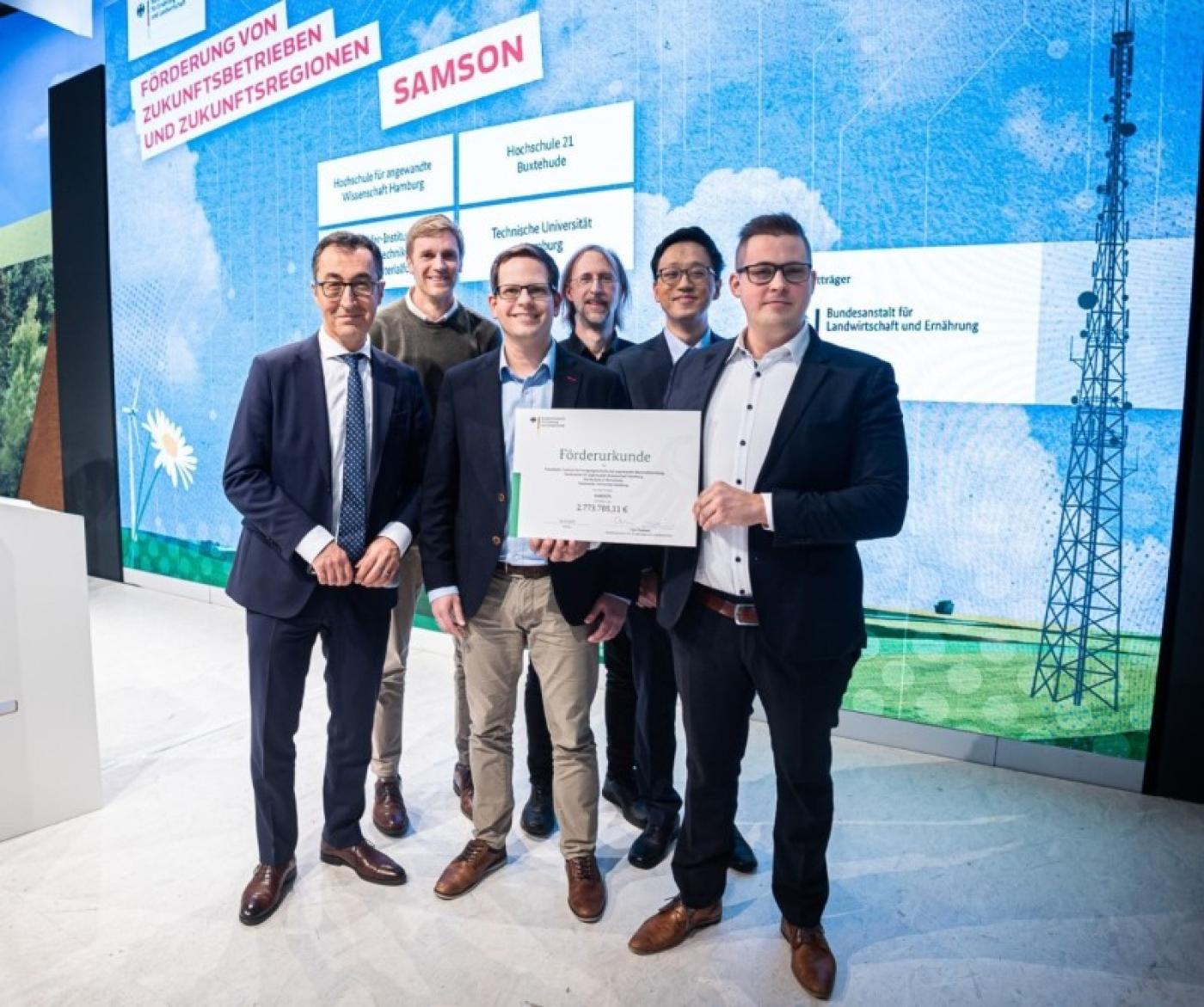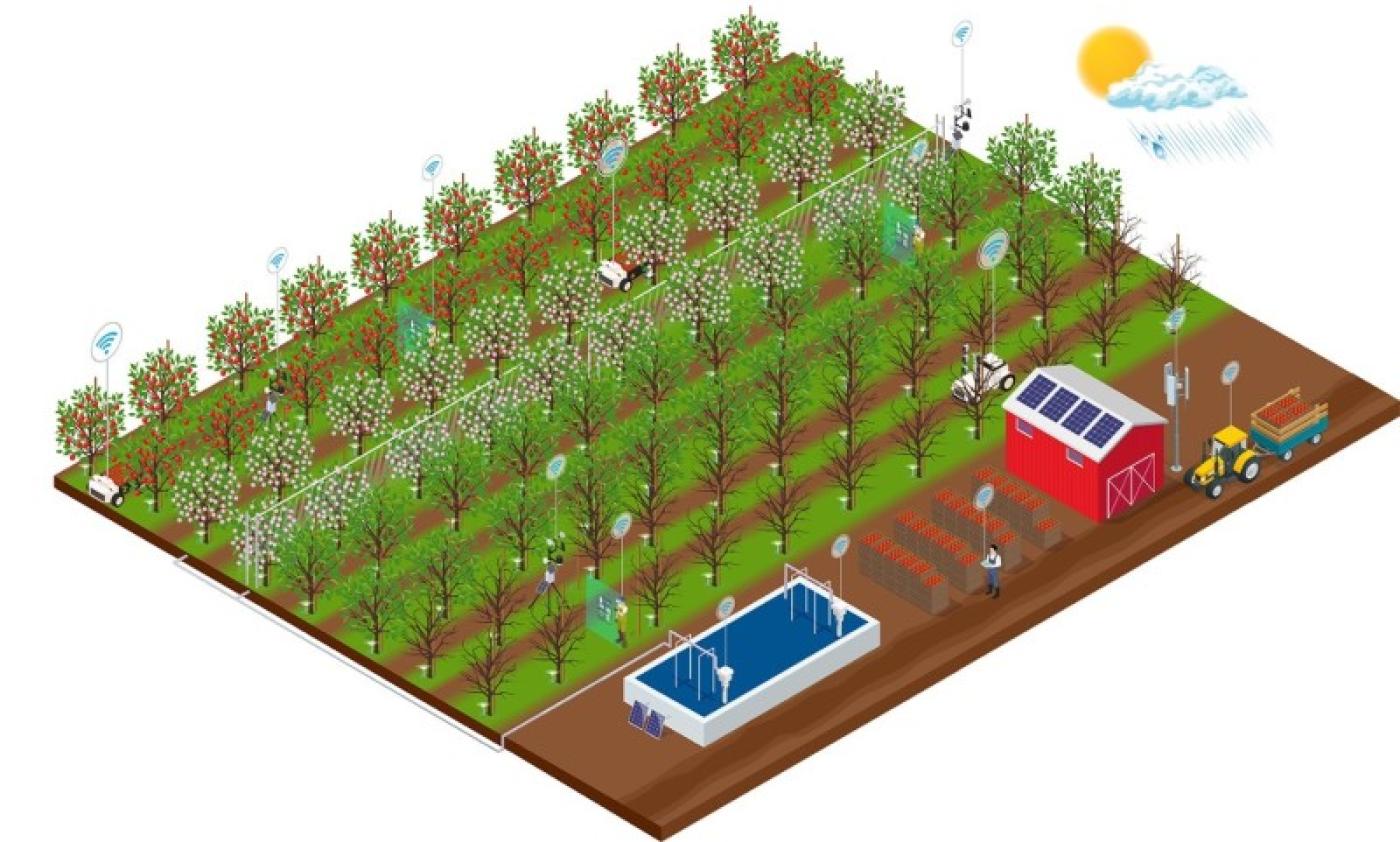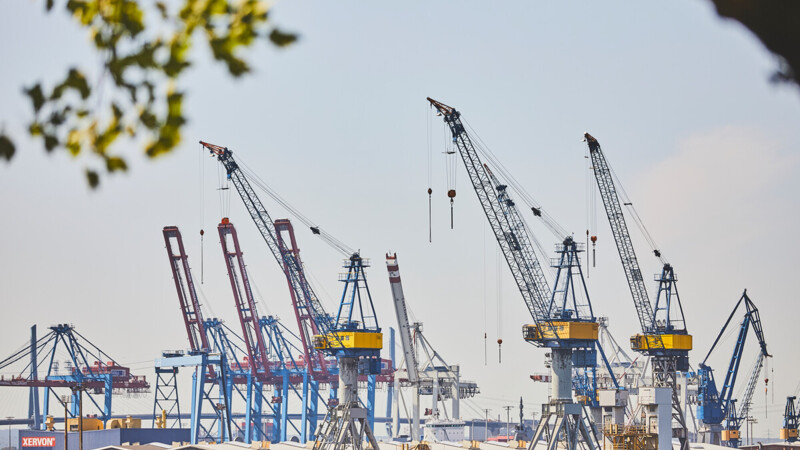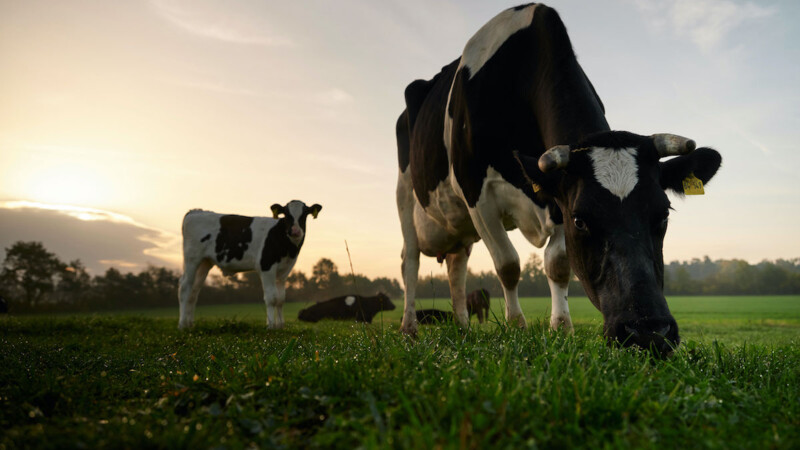"We want to boost sustainable and economical fruit production as part of the Smart Automation Systems and Services for Fruit Cultivation on the Lower Elbe (SAMSON) project using digital twins for cultivators," said Benjamin Schulze, Fraunhofer Institute for Manufacturing Technology and Applied Materials Research (IFAM), who is co-ordinating the project. SAMSON secured almost EUR 2.8 million in funding from the German Ministry of Food and Agriculture in early 2023. This forward-looking, fruit-growing project also involves the Hamburg University of Applied Sciences (HAW Hamburg), the University of Applied Sciences 21 in Buxtehude and the Technical University of Hamburg.
Digital twin of orchards to boost fruit growing in Alte Land
Sensors, artificial intelligence (AI) and digital platforms are now being set up to achieve continued good, high-quality fruit growth using minimum amounts of water, energy and pesticides in the Alte Land region south of the Lower Elbe. Around 300,000 tons of fruit ripen on about 10,700 hectares of fertile marshland soil in one of Europe’s largest fruit-growing regions every year. Apples such as Elstar, Holsteiner Cox, Gala or Boskoop account for more than 80 per cent of trees in addition to cherries, plums and pears. Generations of fruit-growing families dating back to the 14th century have left their mark on the region.
Millions in federal funding for digital twin
Technology as an opportunity in a challenging era
"Given the increasingly volatile environmental conditions, rising temperatures, drought and possible salinisation of the soil when deepening the Elbe River, traditional fruit growers now face unprecedented challenges," said Schulze. As vast tracts of land are now being cultivated, digital support is vital to surmounting these challenges. A first digital twin of a cultivation area in the Esteburg Fruit Growing Centre in Jork will reveal what this support could look like. "Digitisation is a great opportunity for fruit growing," said Dr Matthias Görgens, Deputy Director. The centre is providing an initial trial plot and will also help spread the results of SAMSON as it has links to around 900 fruit-growing farms in northern Germany, half of which are in the Alte Land. "We will hold a first information event in August," said Görgens.

Cultivation analysis through digital copy of orchards
"The exact site of each tree in a plantation forms the basis of a digital twin," Schulze pointed out. To determine its position, researchers carrying a telescopic rod with GPS walk through the rows of trees. The position of every water pipe and tree is then transferred to a digital map. This digital twin is akin to a town or city that can be created in popular computer strategy games. And the framework allows Schulze's team to monitor and analyse the growth of the trees and the ripening of the apples over the course of the year.
Sensor box processes data on each individual tree
To collect the data, a sensor box is being developed that can be picked up by a conventional 3-point tow vehicle used by professional fruit-growing companies. "Everything from a computer unit, battery, cameras and sensors for temperature, humidity and position is in there," said Schulze. During the dozens of annual trips through the rows of trees, data on each tree and location is pinpointed. Images are taken in both the visible and infrared spectral range - the heat radiation. "Our task is to filter the important and usable information from this flood of data," said Professor Peer Stelldinger , who specialises in image processing and AI at HAW's Faculty of Informatics. "Artificial intelligence will be very useful because these systems are much swifter than a human being, especially at automatically recognizing patterns in large quantities of images," said Stelldinger. However, the AI must be trained first so that reliable information about each tree can be retrieved quickly from the flood of data and images.
Digital twin enables individual tree care
That has many advantages for fruit growers. A glance at the digital twin's database could show them, for instance, the number and density of apple blossoms, the moisture of the soil, signs of drought or pest infestation and lastly the size and degree of ripeness. Then, they can take action for each tree. "We pay particular attention to so-called alternation," said Schulze. During the average 15 to 20-year useful life of a tree, the number of blossoms and apples varies considerably from year to year. And depending on its condition, a tree needs care to bear good, high-quality fruit.

International interest in SAMSON
"SAMSON is a really good, exciting project, the results of which are of great interest locally, regionally and internationally," said Cem Özdemir, Germany's Minister of Food and Agriculture, when handing over the grant. However, the Alte Land region is not alone. Other large fruit-growing regions near Lake Constance or in South Tyrol are also working on digitising agriculture. "Of course, we share our experiences with those involved in other projects," said Schulze. Yet, SAMSON is crucial for the Alte Land as each region has its own characteristics, he pointed out. "Fruit farmers also want to have direct contact persons in the region," said Schulze. All those fruit growers keen on developing their own digital twin and joining SAMSON, which runs until late 2025, are welcome.
jol/nj/pb
Sources and further information
More
Similar articles

Future Food Campus in Hamburg offers glimpse of future

Over EUR 500,000 in funds for HPA's digital port twin

